The Iron Curtain of Commerce: How Courts Are Redefining Trump's Tariff Legacy
An appeals court challenged Trump's tariffs. Explore how this ruling redefines executive emergency powers, impacts global trade deals, and shapes the future of 'America First' economic policy.
The Unraveling of a Cornerstone: Anatomy of a Legal Reversal
A federal appeals court recently delivered a significant blow to a core pillar of former President economic policy, ruling that most of his sweeping tariffs are, in fact, illegal. In a decisive 7-4 vote, the Washington-based affirmed a lower court's finding, stating unequivocally that Trump had exceeded the authority granted to him by the when imposing these 'Trafficking and Reciprocal Tariffs.' This decision, which follows an earlier May ruling that Trump lacked such authority, immediately ignited a firestorm, with the swiftly appealing the initial verdict. While the court declared the orders invalid as contrary to law, it notably declined to block the tariffs outright, instead allowing them to remain in effect until October 14th. This temporary reprieve offers the administration a window to pursue an appeal to the , while also remanding parts of the challenge back to the lower court to reconsider the scope of its nationwide injunction. It's a complex legal dance, setting the stage for what could be a defining battle over presidential power and trade policy.
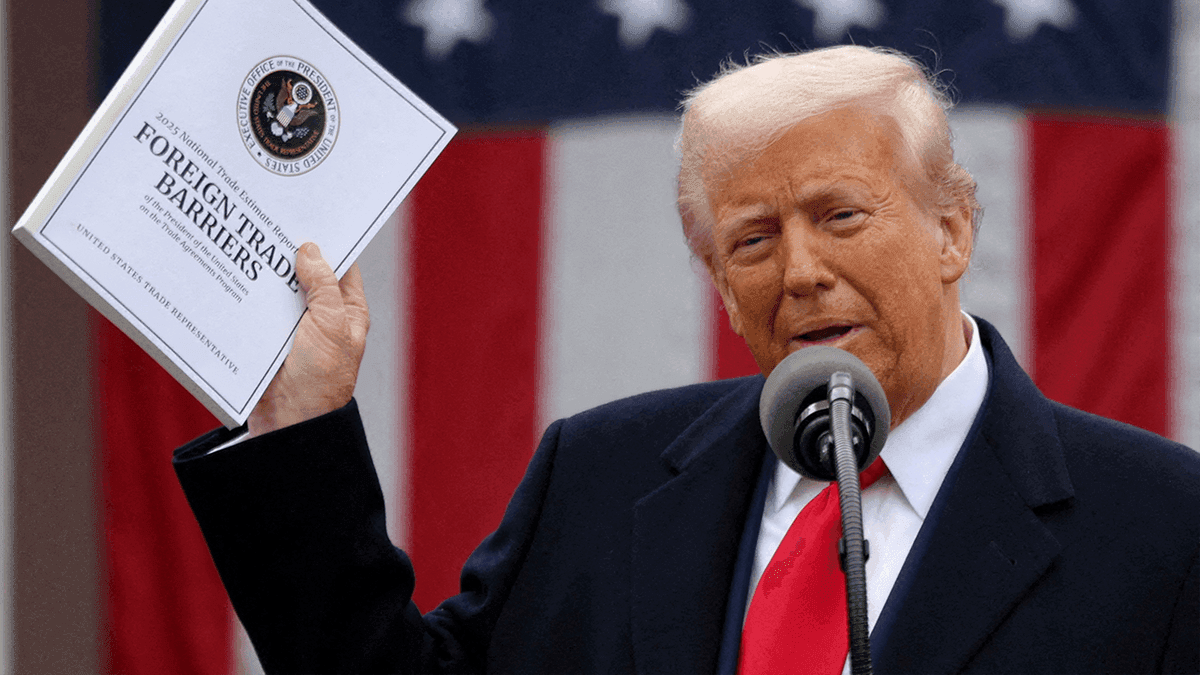
"America First" Economics: The Tariff Doctrine's Enduring Appeal
For , tariffs weren't just a policy tool; they were the very bedrock of his 'America First' economic vision, designed to fundamentally reshape global trade dynamics, recalibrate alliances, and re-center the American economy on manufacturing. This latest court ruling, therefore, strikes at the heart of an agenda he promises to re-implement in a potential second term. On Truth Social, Trump vehemently decried the decision, asserting that all tariffs remain active and warning that their removal would 'literally destroy the United States of America,' making the nation 'financially weak.' He has consistently championed tariffs as 'the best tool to help our Workers' and support 'MADE IN AMERICA products,' arguing they are crucial for addressing 'enormous Trade Deficits and unfair Tariffs and Non Tariff Trade Barriers' imposed by other nations. The sheer scale of this strategy is evident in the revenue generated, with tariffs totaling $142 billion by July, more than double the previous year. This robust defense underscores the deep ideological commitment to tariffs, viewing them not as mere taxes but as vital instruments of national strength and economic sovereignty, a sentiment deeply ingrained in his political identity.
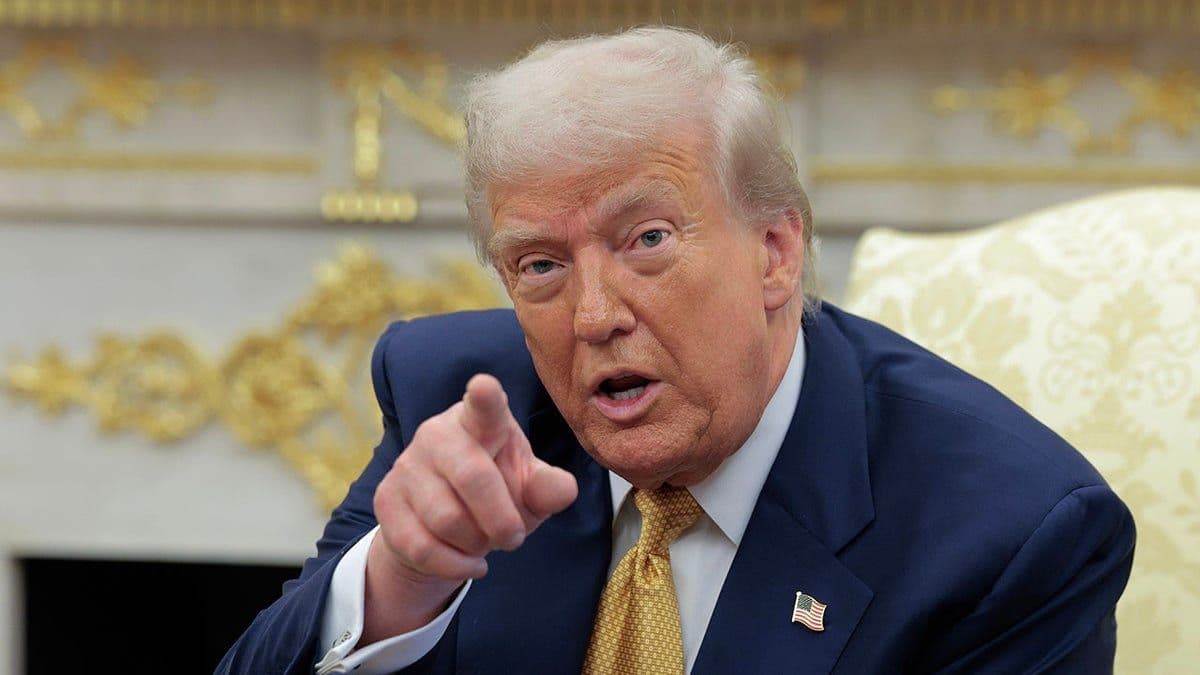
The Executive's Reach: IEEPA, Precedent, and Presidential Power
At the core of this legal maelstrom lies the , a 1977 law intended for emergency situations, which Trump leveraged to enact his sweeping import fees. This case squarely confronts the tension between Congress's constitutional power to impose taxes, including tariffs, and the authority lawmakers have, in recent decades, ceded to the president. The appeals court majority was explicit: IEEPA does not grant the president 'clear congressional authorization' for tariffs of such 'magnitude.' They highlighted the absence of terms like 'tariff,' 'duty,' or 'tax' within IEEPA's text, contrasting it sharply with statutes where Congress has explicitly granted such powers with clear limitations. Dissenting judges, however, argued that IEEPA's language, supported by its history, does authorize tariffs for regulating importation, echoing the reference to President emergency use of tariffs in the 1971 economic crisis. This judicial split underscores a profound disagreement over the boundaries of executive authority, pushing the question of presidential power in economic policy squarely towards the , where the administration plans to appeal.
Navigating the Aftermath: Trade Deals, Global Alliances, and the Road Ahead
Beyond the immediate legal implications, the appeals court's ruling casts a long shadow over the future of Trump's trade agenda and America's global economic posture. These tariffs were never just about revenue; they were a strategic lever, meticulously deployed to force renegotiations of trade deals and realign international alliances. If these asserted presidential powers are ultimately curtailed, the administration faces the daunting task of identifying alternative mechanisms to achieve its ambitious economic objectives. had previously envisioned tariff negotiations 'wrapped up' by Labor Day, a deadline that now seems wildly improbable given the legal uncertainty. Foreign leaders, currently reviewing their trade terms with the U.S., will undoubtedly demand clarity on the legal enforceability of Trump's tariffs, potentially stalling or even unwinding existing frameworks with key partners like the , , and . warned of 'irreparable harm' and 'dangerous diplomatic embarrassment' if the tariffs were suspended, highlighting the profound interconnectedness of legal decisions, economic policy, and international relations.
Beyond the Bench: The Political Echoes of a Judicial Verdict
The judicial verdict, though rooted in legal interpretation, resonates deeply within the political landscape, amplifying the ongoing debate about the scope of presidential power. , the attorney for the plaintiffs, framed the 7-4 decision as a resounding 'win for the American Constitution,' emphasizing that major decisions like taxation belong to Congress, not 'the president and the stroke of his pen.' This directly challenges Trump's often-stated belief in his 'vast and unmatched' presidential authority. Unsurprisingly, Trump himself dismissed the ruling on Truth Social as the work of a 'Highly Partisan Appeals Court,' reiterating his conviction that the United States would ultimately prevail. The White House, through spokesman , also defended the president's actions, asserting that he 'lawfully exercised the tariff powers granted to him by Congress to defend our national and economic security.' This clash of narratives—constitutional limits versus executive prerogative, judicial oversight versus political necessity—underscores the profound political stakes. As the administration prepares its appeal to the Supreme Court, this legal battle is poised to not only define Trump's tariff legacy but also potentially reshape the balance of power between the executive and legislative branches for years to come.
Related Articles
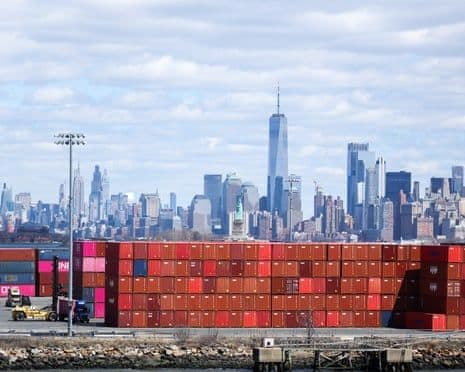
The Imperial Presidency vs. The Gavel: Unraveling Trump's Tariff Tangle

The Imperial Presidency vs. The Gavel: Unraveling Trump's Tariff Tangle
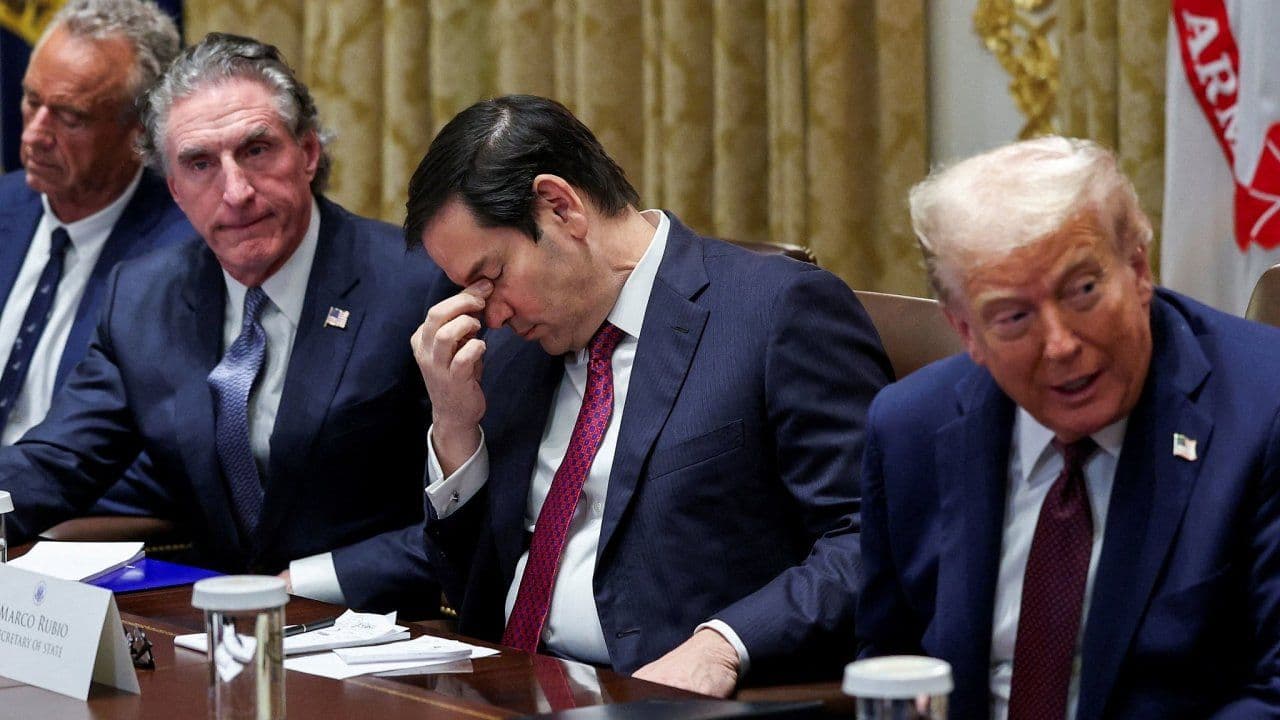
The Constitutional Tightrope: Courts Challenge Presidential Trade Emergency Powers

The Constitutional Tightrope: Courts Challenge Presidential Trade Emergency Powers
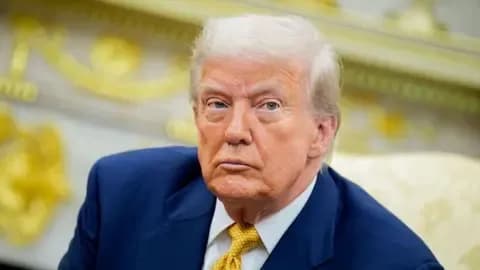
The Gavel's Echo: Unraveling the Constitutional Seismic Shift in US Trade Policy

The Gavel's Echo: Unraveling the Constitutional Seismic Shift in US Trade Policy
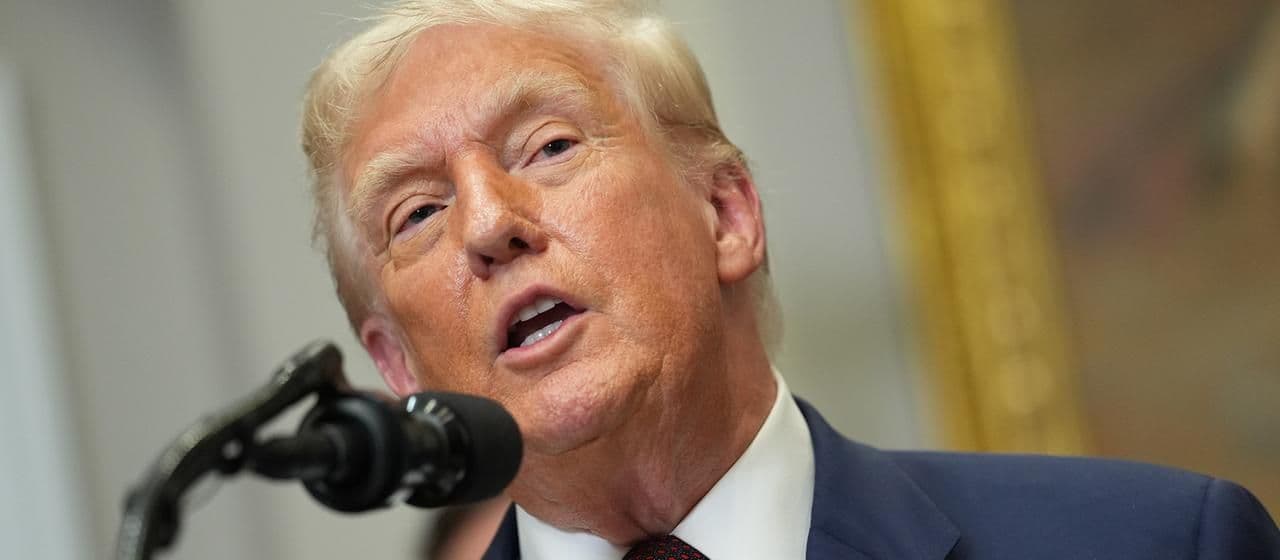
The Unfolding Trade Chessboard: Trump's Tariffs and the Global Response
